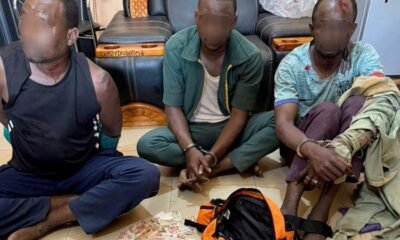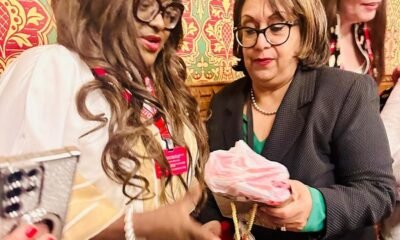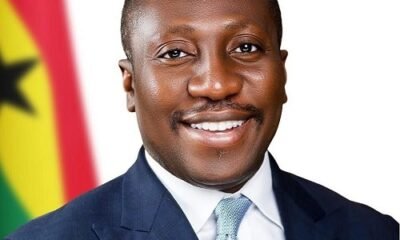News
GH¢2bn demand threatens fiscal stability—Dep. Fin. Min. pleads with striking nurses
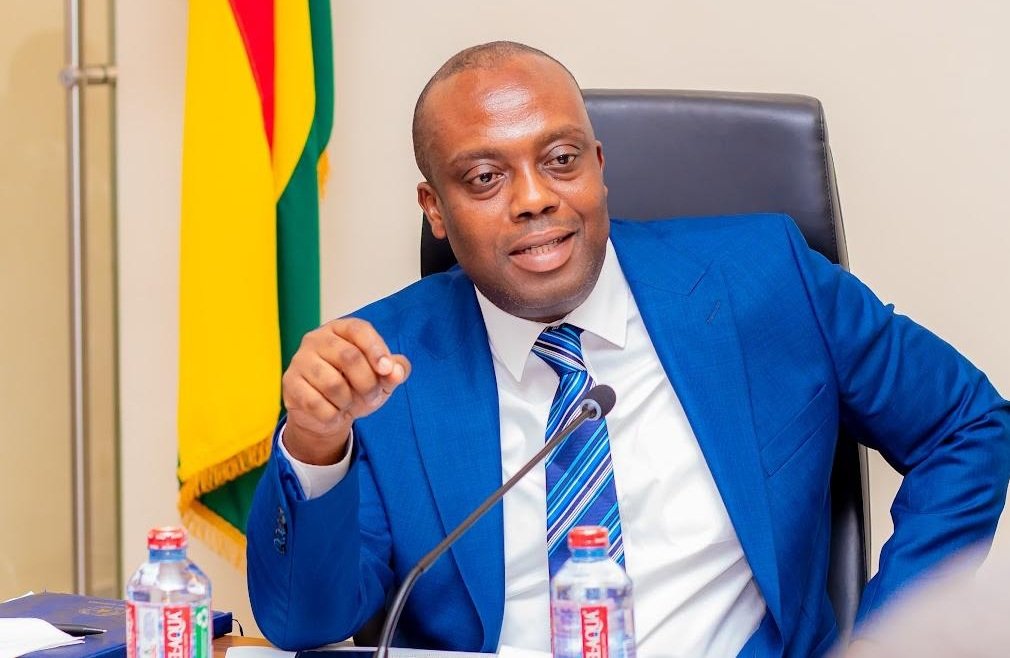
The Deputy Minister of Finance, Thomas Nyarko Ampem, has issued a direct appeal to striking nurses and midwives, urging them to return to the negotiation table.
The Ghana Registered Nurses and Midwives Association (GRNMA) commenced an industrial action on Tuesday, June 4, which has brought vital healthcare services across over 300 public hospitals and clinics in all 16 regions to a near standstill.
Thousands of patients have been left stranded, with emergency units operating minimally and scheduled surgeries postponed indefinitely.
The nurses and midwives initiated the strike over what they describe as prolonged delays in the implementation of their 2024 Collective Agreement, which addresses critical conditions of service and remuneration.
While acknowledging their indispensable role in healthcare delivery, the Deputy Minister emphasised the severe budgetary constraints facing the nation, stating that fully meeting the nurses’ current demands would add “in excess of GH¢2 billion” to the national compensation budget.
Speaking at a joint press briefing with the Minister of Health today, Mr. Nyarko Ampem conveyed the government’s commitment to resolving the industrial action, recognising the critical importance of Ghana’s over 120,000 nurses and midwives to the health sector.
“Our nurses are very, very critical to healthcare delivery, and we appreciate what they do,” he stated.
However, the Deputy Minister quickly pivoted to the challenging economic realities.
He explained that the magnitude of the nurses’ demands for improved conditions of service poses a significant threat to the government’s fiscal consolidation efforts.
A GH¢2 billion increase in the compensation budget represents a substantial financial burden, potentially consuming a significant portion of the annual budget allocated for essential services or capital investments.
For context, this figure could account for over 10% of the health sector’s entire annual budget or fund multiple crucial infrastructure projects.
Mr. Nyarko Ampem underscored the government’s overarching commitment to macroeconomic stability, particularly under the ongoing IMF Extended Credit Facility programme.
“We have all committed that in our resolve to reset the economy of this country, we must maintain a 1.5% primary balance surplus every year in order to bring our debt levels to sustainable levels,” he highlighted.
Ghana’s public debt-to-GDP ratio remains a concern, hovering around 75%, making stringent expenditure management paramount to avoid further debt distress.
“So it is important for us to manage expenditure,” he stressed, appealing to the healthcare professionals to understand the broader economic context.
“We want to appeal to our revered nurses that we are willing to negotiate to settle them and the Ministry of Health to agree on a road map that will help us incorporate what can be accommodated in the budget for next year.”
The Deputy Minister expressed optimism that the nurses appreciate the government’s “hard work we are all doing to manage the economy better,” urging for a collaborative approach to achieve a “win-win situation for all of us.”
The proposed roadmap suggests a phased implementation of new conditions of service, likely spread across multiple budget cycles, to ensure fiscal prudence while addressing the legitimate concerns of the healthcare workforce.
Source:myjoyonline.com
News
Northern Regional Police arrest three suspects in kidnapping case

The Northern Regional Police Command has arrested three men believed to be part of a kidnapping syndicate responsible for abducting a 42-year-old man in Wapuli, a community in the Yendi District.
The suspects, Haruna Seidu, Amidu Bandi and Osman Bandi allegedly kidnapped the victim and demanded GH¢100,000 from his family for his release.
According to a police statement, officers from the Regional Police Intelligence Directorate were deployed to Wapuli after the incident was reported.
The team conducted surveillance and launched a rescue operation.
On Friday, December 5, 2025, police successfully rescued the victim and arrested the suspects after what was described as an intense exchange of gunfire.
The suspects were later taken into custody and are expected to be arraigned before court.
The Police said the a fourth suspect, who is believed to have sustained gunshot wounds during the operation, is currently on the run.
They urged the public to provide any information that may lead to his arrest.
By: Jacob Aggrey
News
Nana Yaa Serwaa Sarpong advocates Bold educational reforms at the UK House of Lords during Global Education Summit.
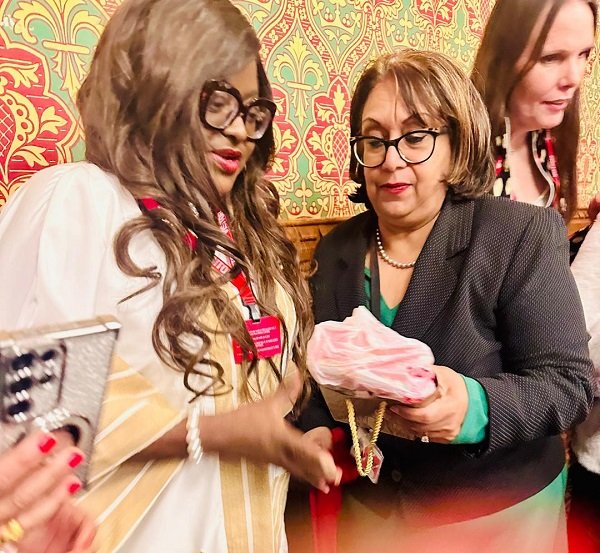
On November 27 2025, global development leaders, policymakers, education experts and civil society organisations gathered at the UK Parliament’s House of Lords for the Global Education Summit hosted by The Baroness Verma of Leicester and organised by the African British Business Forum.
The high-level event focused on the global rise in out-of-school children and the urgent reforms required to deliver equitable, quality education for all.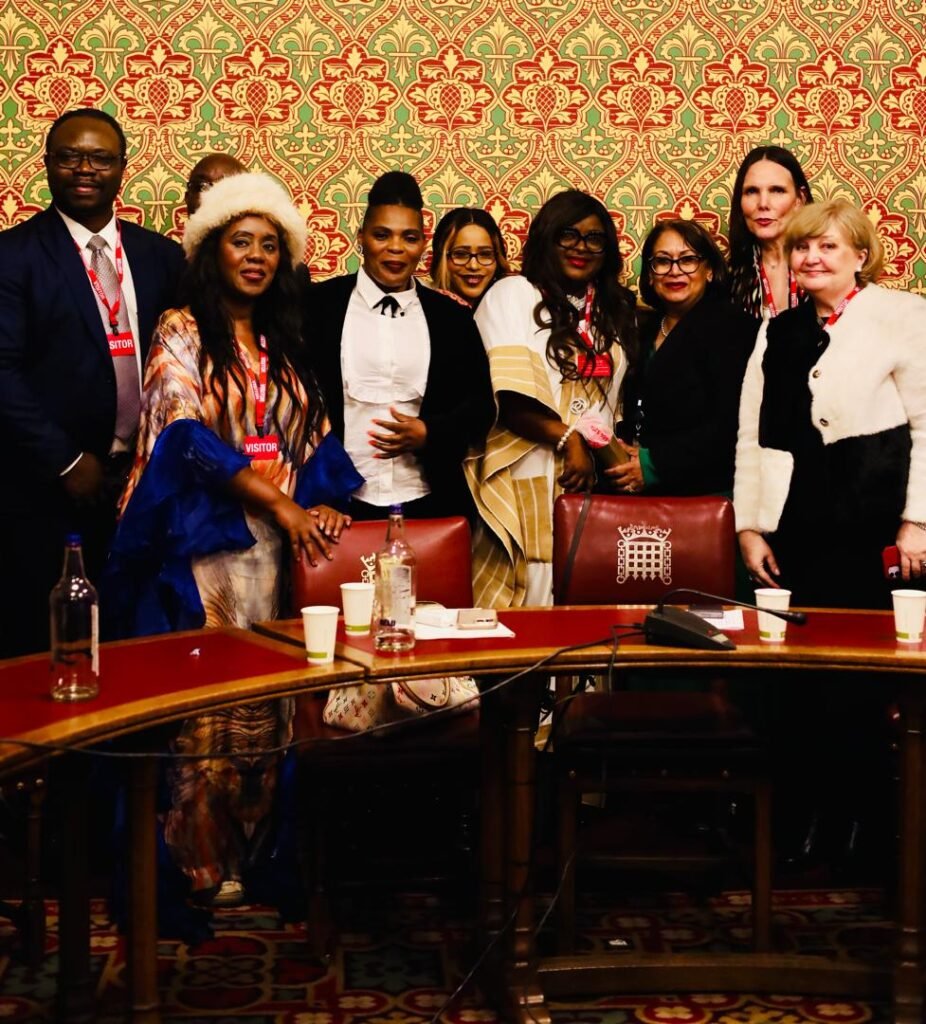
Among the distinguished Speakers was Nana Yaa Serwaa Sarpong, Founder & President of Women in Sustainability Africa (WiSA) and General Manager of the EIB Network, who delivered a compelling address on the theme “Breaking Barriers: Empowering Out-of-School Children Through Education.”
In her remarks, Nana Yaa who is currently celebrating 26years of Service in the Media, emphasized that education must be viewed as essential national infrastructure, not charity.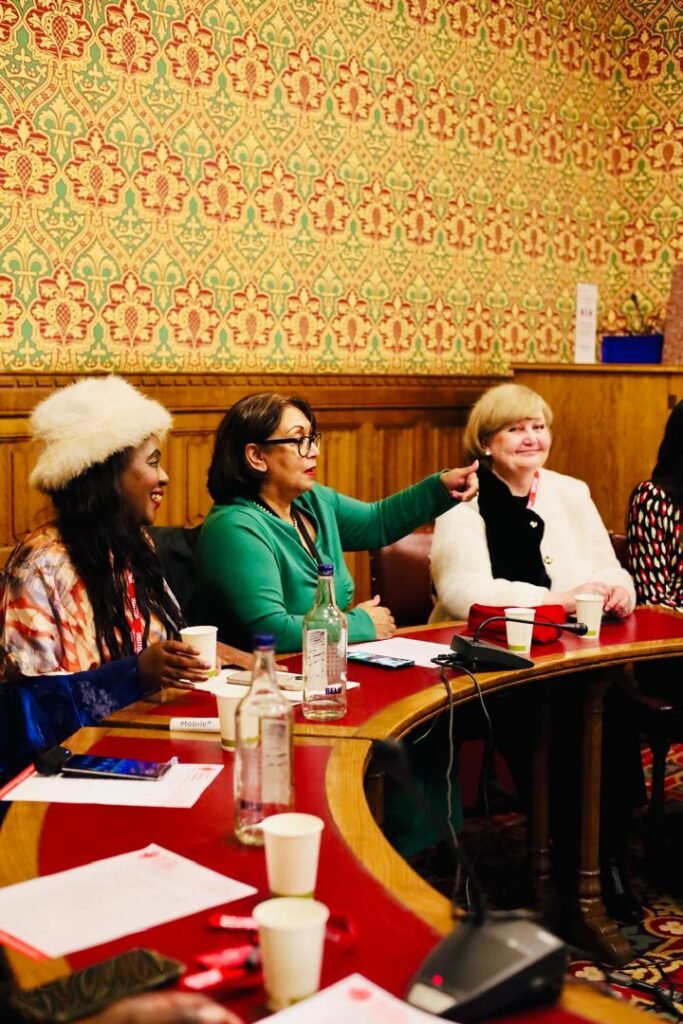
Borrowing experiences from her 18 years of empowering women and young people, she presented a strong case on how Africa’s poor educational systems tie into the poor state of its Gender Equality gap.
According to her, unlocking access to education is one of the most effective ways to strengthen economies, empower women and young girls, build resilient communities and drive sustainable development.
She highlighted that each child excluded from learning represents deferred innovation, delayed opportunity and a weakened society.
Nana Yaa noted that the barriers keeping millions of children out of school are complex and interconnected—ranging from poverty and cultural norms to geographical isolation and digital exclusion.
Addressing these challenges, she argued, requires solutions that are equally comprehensive and multi-layered.
Nana Yaa stressed that girls remain disproportionately affected, and investing in girls’ education has a transformative impact across several Sustainable Development Goals, including gender equality, poverty reduction, health outcomes and climate resilience.
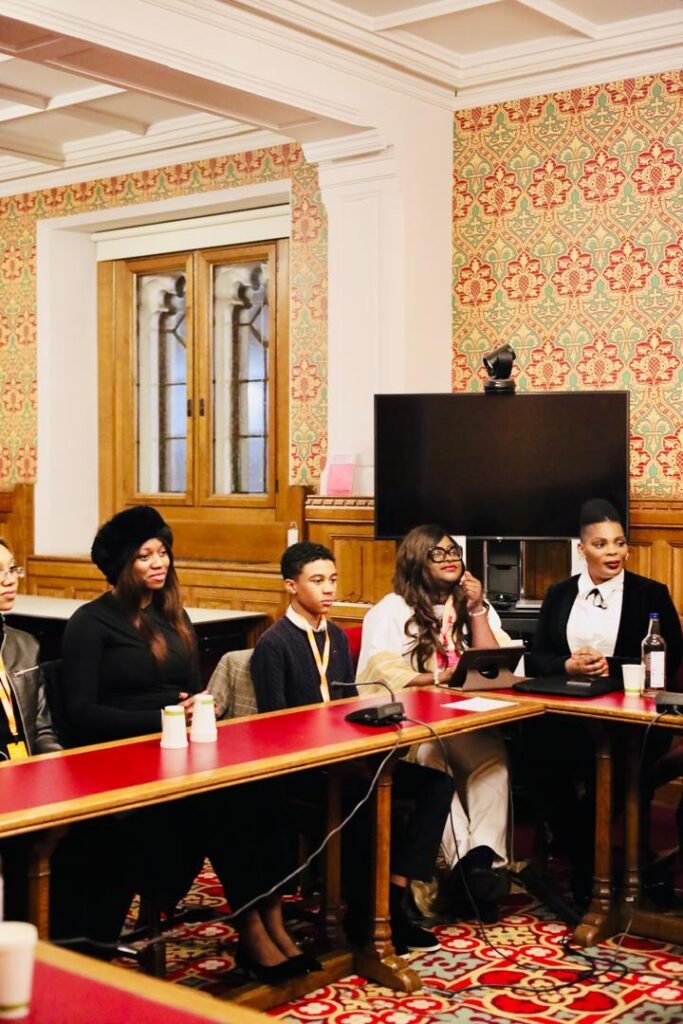
Nana Yaa advocated for the expansion of flexible, inclusive and community-responsive educational models, such as mobile classrooms for remote and nomadic communities, community learning hubs, after-hours programmes for working children, radio-based instruction for low-tech areas and digital platforms designed to reach learners regardless of connectivity challenges.
She warned that without deliberate action, the digital divide would continue to widen, pushing already vulnerable children further to the margins.
During her presentation, she introduced three major reforms WiSA is seeking Partners for, aimed at reshaping educational access across Africa and beyond.
These are the Digital Bridge for Out-of-School Children (DBOC), the Community Education Stewardship Hubs (CESH) involving local women educators and youth volunteers and the Teen-focused Global Skills Accelerator for Out-of-School Teens (GSA-OT).
She also underscored the need for education systems that support instruction, inclusivity and healing, particularly for children experiencing autism, trauma, displacement or conflict.
Nana Yaa emphasised that emotional and psychological support must be integrated into educational frameworks in order to restore confidence, stability and long-term learning capacity.
The summit concluded with strong commitments from stakeholders to adopt sustainable financing models, strengthen data-driven policies and expand cross-sector partnerships.
The African British Business Forum reaffirmed its commitment to championing innovative, scalable solutions to educational inclusion across the UK, Africa and the wider global community.

